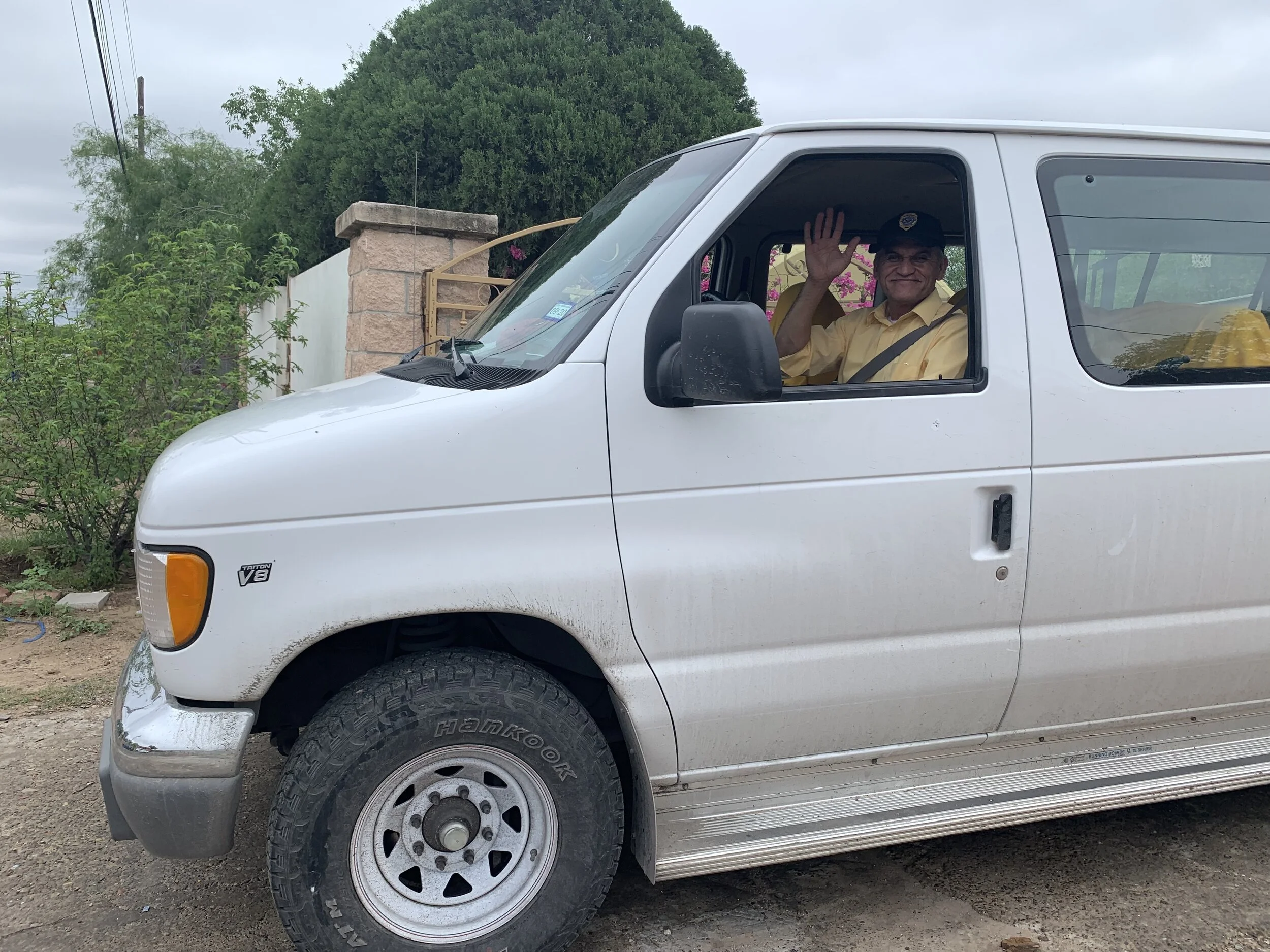Pandemic leads to tightened border, attempted deportations
Two developments—both propelled by increasing concern over the COVID-19 pandemic—have begun to affect Fellowship Southwest’s Immigrant Relief Ministry along the breadth of the U.S.-Mexico border.
First, the border now is closed to all but selected travelers. This situation developed in stages. In mid-March, the U.S. and Mexican governments instituted a partial border closing. Initially, pastors and other relief workers feared they would not be able to cross the border to minister to refugee asylum seekers living in tent camps and shelters in northern Mexico. Officials maintained uneven enforcement, allowing pastors, chaplains and other aid workers to cross in most locations.
But early this week, the governments tightened restrictions on border access. “Only commercial traffic is allowed across the border,” reported Jorge Zapata, associate coordinator of CBF Texas and director of FSW’s Immigrant Relief Ministry.
“Too many people were abusing the looser restrictions,” Zapata explained. “People were getting bored and crossing into Mexico just to go shopping. People were crossing to see their girlfriends and boyfriends. The border was basically open.
“But with the expansion of COVID-19, officials were concerned about all those people going back and forth. The Mexican officials particularly were worried about travelers bringing the coronavirus into the country from the U.S.”
So, the border constricted, keeping most U.S.-based pastors and other humanitarian workers away from immigrants they serve in northern Mexico.
As he did when the border closure first loomed, Pastor Lorenzo Ortiz of Laredo, Texas, elected to go to Mexico and to stay for the time being. He operates two immigrant shelters across the Rio Grande in Nuevo Laredo and a third shelter further south in Saltillo.
“My father … just told us he'll be staying starting tomorrow in Nuevo Laredo, Mexico,” Ruth Ortiz, the pastor’s daughter, reported April 4. “He will try to stay in a hotel a few days and spend other nights at the refugee center to avoid paying so much on the hotel.”
“My father left yesterday to Nuevo Laredo,” she reported April 6. “We are concerned about the new changes in Nuevo Laredo. It has been said by the U.S. consulate in Nuevo Laredo that all us citizens/residents must return unless they plan to remain in Mexico for an indefinite period of time.”
Other pastors, from Brownsville/Matamoros to San Diego/Tijuana, are sending cash or its equivalent across the border through phone apps and virtual gift cards. Mexican pastors and friends receive the funds and then purchase food and supplies for the refugees.
Meanwhile, the very presence of the refugees has been threatened. Pastors Rosalio Sosa of Iglesia Bautista Tierra de Oro in El Paso and Carlos Navarro of Iglesia Bautista West Brownsville in Brownsville reported pressure by the Mexican government to deport asylum seekers—especially Central Americans—to their home countries.
“The Mexican government is trying to make them go back home, and they’re gathering in southern Mexico, in (the state of) Chiapas,” Sosa reported last weekend. “I’m hearing about many of them down there, and they have no place to go. It’s unsanitary; they cannot bathe. We have hygiene kits we want to send them.”
COVID-19 is the reason for escalating attempts at deportation, Sosa and Navarro said. The Mexican government justifiably fears an outbreak of the virus in the crowded tent camps and shelters, filled with at-risk refugees.
“But their home countries don’t want them,” Navarro explained. “Those countries—both the governments and also the gangs that control much of the countryside—also fear the virus. So, they don’t want to take them in.”
That’s why increasing numbers of refugees are amassed at the Mexican-Guatemalan border, even as the Mexican-U.S. border remains shut to both the immigrants and those who care for them.
Fellowship Southwest remains committed to serving the refugees by supporting the pastors who feed and shelter them. Conversations about how to help meet needs in Chiapas have begun.
If you would like to support Fellowship Southwest’s Immigrant Relief Fund, click here.


